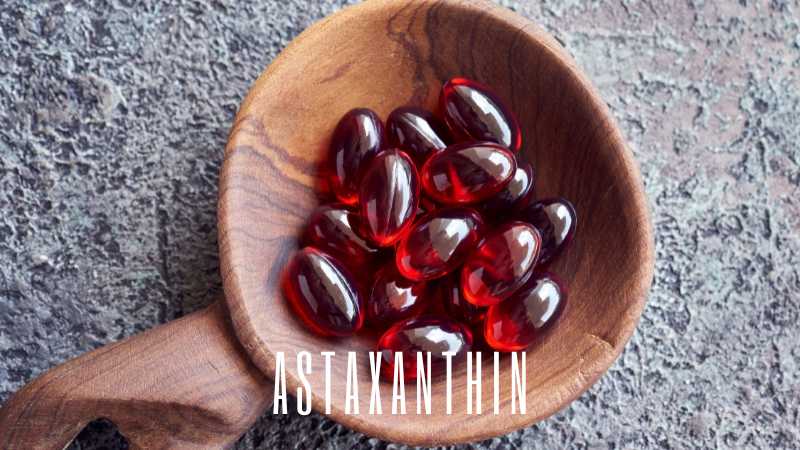
Astaxanthin is a carotenoid which is available in the form of additives for foods. However, lately there have been reports of astaxanthin side effects and therefore people have started having their doubts about the use of this pigment to add colors to foods. The most common of the side effects from astaxanthin is a slight pigmentation. Your skin may have a slight orange tint. A similar orange tint may be seen in your stools as well.
There are no toxic effects of the pigment; even if it is consumed in high quantities.in rare cases, there may be more severe side effects such as a lowering of blood pressure and hormonal changes. These side effects may cause health complications and therefore are undesirable.
 The most common use of astaxanthin is in animal feed. The reddish orange color that you see in seafood like crabs, lobsters, salmon and shrimp, is also due to the use of astaxanthin. Since this is a commonly used additive for animal feed, it is considered safe for animals and has been approved by the FDA as well.
The most common use of astaxanthin is in animal feed. The reddish orange color that you see in seafood like crabs, lobsters, salmon and shrimp, is also due to the use of astaxanthin. Since this is a commonly used additive for animal feed, it is considered safe for animals and has been approved by the FDA as well.
Most people are able to consume seafood that contains astaxanthin without having any side effects or reactions. It was in 1999 that the consumption of this additive was cleared for human consumption by the FDA. Several studies and repeated testing on this product has also not been able to find any specific side effects to the compound.
Astaxanthin, being a carotenoid, is also used as a dietary supplement to reduce cholesterol in blood. Advocates of astaxanthin often also prescribe this supplement for the treatment of muscle injuries and injuries such as carpal tunnel syndrome. You may also use this for treatment of arthritis and for any kind of gastrointestinal complaints as well. However, there have been no studies which can conclusively prove these claims and therefore this supplement is not prescribed by any medical practitioners.
What is the most Common Side Effects of Astaxanthin
- Hormonal Changes: Astaxanthin has an effect hormones. It lowers the levels of a hormone called DHT (dihydrotestosterone).
- Pigmentation: Astaxanthin is a pigment. Its high doses might cause a light orange or pink tint to the skin.
- Stomach Issues: Gastrointestinal issues or stomach pain might happen to some people.
- Allergic Reactions: The allergic reaction is rare. However, there might be an allergic reaction to astaxanthin, especially if the person is allergic to similar carotenoids.
- Low Blood Pressure: As per the study, astaxanthin might lower blood pressure and increase insulin sensitivity (Source). People who are already taking medications for hypertension should be wary of it.
- Interaction with Other Medications: Astaxanthin could interact with medications or treatments. This could include chemotherapy and antihypertensive and immunosuppressant medications.
Some of the other common side effects of astaxanthin include hair growth, increased pigmentation of the skin – making the skin have a slight red or orange tinge, reduced calcium levels, enlargement of breasts and hormonal changes. In rare cases, a person may develop an allergic reaction to astaxanthin. The severity of allergic reactions may vary. Some people only have a slight reaction to the pigment, while there are others who may have more severe allergic reactions. The worst possible reaction to astaxanthin may be an anaphylactic shock, which can be only treated with an epinephrine shot. Anyone who has a known allergy to astaxanthin should not consume any foods which may have this additive.
Some asthma medications may not react very well with astaxanathin. Though this is rare, it is possible that such reactions could occur. In such a case, the liver enzymes may be affected and thus, the reacted compounds may remain in the body for a longer period of time, causing damage and distress to the body. Another one of the common astaxanthin side effects is the reaction with birth pills, rendering them ineffective even if their use is regular.
